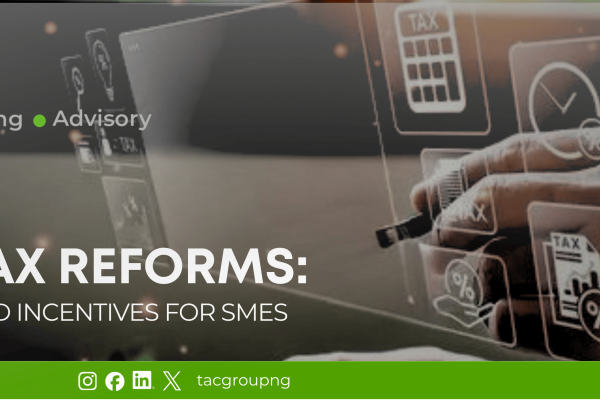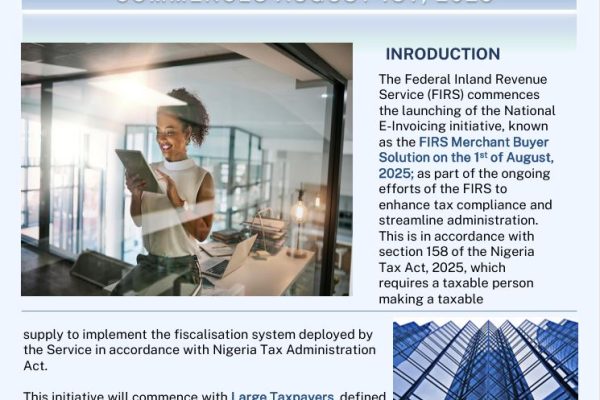Decided Court Case Between Harbour Edge Investment Company Ltd Vs Federal Inland Revenue Service (FIRS)
Facts You Need To Know
Introduction
Section 66 of the CITA provides:
“If the Service discovers or is of the opinion at any time that any company liable to tax has not been assessed or has been assessed at a lesser amount than that which ought to have been charged, the Service may, within the year of assessment or six years after expiration and as often as may be necessary, assess such company at such amount or additional amount, as ought to have been charged, and the provisions of this Act as to notice of assessment, appeal and other proceedings shall apply to such assessment or additional amount and the tax charged thereunder…”
The provision to this section makes exceptions in cases of fraud, willful default, or neglect. Under these circumstances, the Service is permitted to go beyond six years.
Facts Of the Case
Harbour Edge Investment Company Ltd Vs Federal Inland Revenue Service (FIRS)
On the 8th of June 2020, the Respondent (FIRS) sent a letter to the Appellant (Harbour Edge Investment) raising issues of excess dividend tax based on the Appellant’s financial statements covering the 2014-2019 years of assessment which arose to additional tax for the Appellant.
Arguments
The Company argued that:
- The provisions of section 66 of CITA states that the 2014 year of assessment relating to the 2013 accounting year is statute-barred and therefore incompetent as the assessment was issued outside the period allowed by the law for the board to raise additional assessment, which is six (6) years.
- The assessment relating to the 2013 accounting year that is, the 2014 Year of assessment (YOA) was raised in 2020, seven (7) years after the relevant period to which the assessment relates.
The Service argued that:
- The taxpayer was not assessed for additional tax for the 2013 Year of assessment (YOA) and the 2014 Year of assessment (YOA) falls within the six-year period and is not statute-barred.
Tribunal Decision
The Tribunal made it clear that the source of the company’s assessable profit (if any) for the 2014 Year of assessment (YOA) is the 2013 returns filed by the company, and there is no way the Service could have raised additional assessments on the company for the 2014 Year of Assessment (YOA) without considering the company’s financials and returns for the 2013 accounting year.
The Court held that the additional assessment raised by the Service on the company in June 2020 based on the company’s 2013 returns has exceeded the six (6) year period allowed by section 66 of CITA and therefore statute barred.
Conclusion
This ruling by the court has made it clear that any assessment raised after six (6) years of the close of the accounting period is statute-barred, except if there is evidence of fraud, willful default or neglect, then the Service is permitted to go beyond the six (6) years limitation.
Taxpayers without any record of fraud, willful default or neglect are encouraged to challenge any sort of baseless assessments and object to any additional liability assessed based on returns that have exceeded the statute limitation.











